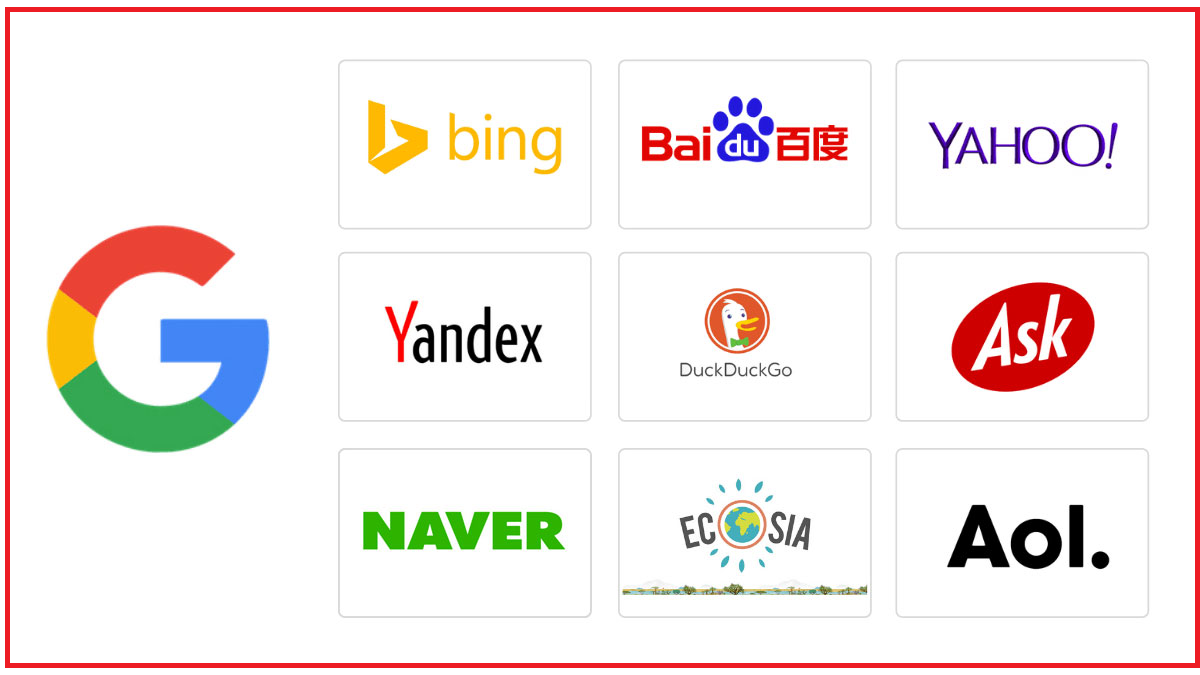Top 10 Search Engines in 2024: Key Features & Tracking Tools
In today’s digital age, search engines are the backbone of our online experiences, acting as gateways to information, products, and services. As we move into 2024, the landscape of search engines continues to evolve, offering users a variety of features and tracking tools to enhance their search experience. This article will explore the top search engines of 2024, highlighting their key features and the tracking tools available to users and businesses alike.
1. Google
Overview: Google remains the most popular search engine worldwide, with a market share of over 90%. Its continuous updates ensure it stays ahead of the curve.
Key Features:
- Advanced Algorithms: Google’s algorithms use artificial intelligence (AI) and machine learning to provide the most relevant search results.
- Rich Snippets: Google displays rich snippets, such as ratings, reviews, and images, directly in search results.
Tracking Tools:
- Google Analytics: Offers in-depth insights into website traffic and user behavior.
- Google Search Console: Helps webmasters monitor and maintain their site’s presence in Google Search results.
2. Bing
Overview: Microsoft’s Bing is a strong competitor, especially in the United States, with a market share around 6.5%.
Key Features:
- Visual Search: Users can search using images, making it easier to find similar products or information.
- Rewards Program: Users can earn points for searches that can be redeemed for gift cards.
Tracking Tools:
- Bing Webmaster Tools: Provides insights into how Bing crawls and indexes your website.
- Bing Ads: Offers detailed performance tracking for advertising campaigns.
3. DuckDuckGo
Overview: DuckDuckGo emphasizes user privacy, attracting users who are concerned about data tracking.
Key Features:
- No Tracking: DuckDuckGo does not track users or personalize results based on their search history.
- Instant Answers: Provides quick answers to common queries without the need to visit other sites.
Tracking Tools:
- Limited Tracking: While DuckDuckGo focuses on privacy, it does provide some aggregated data for users interested in trends.
4. Yahoo
Overview: Yahoo has remained a key player in the search engine market for decades, combining search with various other services.
Key Features:
- Integrated Services: Offers email, news, finance, and sports all in one platform.
- Yahoo Answers (until 2021): Previously allowed users to ask questions and get answers from the community.
Tracking Tools:
- Yahoo Analytics: Provides insights into user behavior and engagement on Yahoo platforms.
5. Baidu
Overview: As the leading search engine in China, Baidu dominates the Chinese market with its tailored services.
Key Features:
- Chinese Language Optimization: Baidu is designed for Mandarin and other Chinese dialects, enhancing search accuracy.
- AI Applications: Uses AI for voice recognition and image searches.
Tracking Tools:
- Baidu Analytics: Similar to Google Analytics, it offers insights specifically for Chinese web traffic.
6. Yandex
Overview: Yandex is the most popular search engine in Russia, known for its comprehensive services.
Key Features:
- Local Search: Provides highly relevant results for Russian users.
- Yandex.Maps: Offers detailed maps and navigation services.
Tracking Tools:
- Yandex.Metrica: A powerful web analytics tool that tracks user behavior and engagement.
7. Ecosia
Overview: Ecosia is a unique search engine that uses its profits to plant trees, appealing to environmentally conscious users.
Key Features:
- Tree Planting: For every search, Ecosia contributes to planting trees, making each search count towards sustainability.
- Transparency: Users can see how many trees have been planted through their searches.
Tracking Tools:
- Basic Analytics: Focuses on user engagement while prioritizing privacy and environmental impact.
8. Ask.com
Overview: Ask.com is known for its question-and-answer format, allowing users to pose queries and receive community-driven responses.
Key Features:
- Q&A Format: Users can ask questions and receive answers from a community of experts.
- Focused Topics: Covers a wide range of topics, from lifestyle to technology.
Tracking Tools:
- Limited Analytics: Basic user engagement metrics, with a focus on community interactions.
9. Qwant
Overview: Qwant is a European search engine that prioritizes user privacy and does not track user behavior.
Key Features:
- No Filter Bubble: Provides unbiased search results without personalized tracking.
- Visual Search: Users can conduct searches using images.
Tracking Tools:
- Privacy-Focused Analytics: Limited tracking features to protect user privacy.
10. Neva
Overview: Neva is an emerging search engine that aims to improve user experience through AI and machine learning.
Key Features:
- AI-Driven Results: Delivers highly relevant search results tailored to user preferences.
- Integration of Content Types: Offers diverse content formats, including articles, videos, and images.
Tracking Tools:
- User Engagement Tracking: Analyzes user behavior while ensuring privacy.
Conclusion
As we navigate the digital world in 2024, the variety of search engines available offers users the opportunity to choose platforms that best fit their needs, whether for enhanced privacy, comprehensive features, or specialized services. Each search engine discussed in this article comes with unique features and tracking tools that cater to different user preferences.
By understanding these search engines and their offerings, users can make informed choices about their online search experiences. As the landscape continues to evolve, staying updated on these changes will help users harness the power of search engines effectively.






